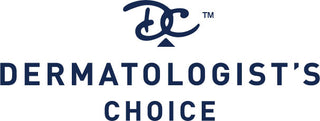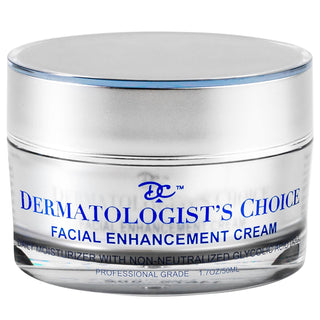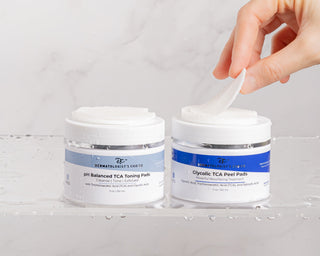
Vitamin A is a fat-soluble vitamin that comes in many forms called retinoids.1 Vitamin A is shown to be, “involved in immune function, vision, reproduction, and cellular communication.”1 It is necessary to get vitamin A through dietary sources such as, dairy, fish, meat (liver), milk, eggs, leafy green vegetables, orange and yellow vegetables, tomato products, and fruits.1
There are two forms of vitamin A present in food sources: retinol and provitamin A.1 Provitamin A is converted by the body to retinol. Retinol is the inactive form of vitamin A.
Confused yet? Provitamin A is like having the right ingredient to make retinol. Retinol is inactive vitamin A.
From here, the body takes retinol and turns it into either retinoic acid (the active form of Vitamin A) or retinyl esters (the storage form of vitamin A). Translation: the body either says “let me put this to work” or “I will save this for later”.
Oh wait…there is more. Retinol is transformed to retinoic acid – the active form of Vitamin A. Being the active form of Vitamin A means that it is the only form that can bind to the receptors on the skin.2 The receptors are the doors into the cells where results happen.
Summary:
Food/Provitamin A à Retinol (inactive Vit A) à Retinoic Acid (active Vit A)
Retinoids= retinol and retinoic acid
Why use retinoids on your skin?
Retinoids have been used topically on the skin for acne and photoaging since 1943.2 Photoaging is dark spots and wrinkles formed from sun exposure.2 Benefits of using retinoids on your skin include dyschromia (changes in skin pigmentation); improvement in wrinkling, texture, elasticity, and healing; decreased fragility/skin tearing.2
Ie. Retinoids fight skin damage caused by the sun.2
Retinoids in skincare:
Retinol is a common skincare ingredient in several over-the-counter products as the inactive form of Vitamin A. Retinoic acid is most notably seen in Retin-A, a dermatologist prescribed cream. Retinol is less irritating to the skin; however, it is shown to be, “to be ten times less potent as retinoic acid”2
When looking at products contain retinoids, retinoic acid will be most effective.
But retinoic acid needs a prescription…
A study was performed comparing a 70% glycolic acid peel to a 1% retinoic acid (Retin-A) peel and the results showed they were equally as effective in decreasing dark spots caused by sun damage.3
As a result, using a product with non-neutralized glycolic acid will yield similar and in most cases better skin improvements, without a prescription, compared to Retin-A. Products such as Dermatologist's Choice Ultra Anti-Aging Cream with 15% non-neutralized glycolic acid, provides anti-aging, acne, and skin pigmentation benefits and recommended as a over the counter competitor to retinoic acid.
References:
- Office of Dietary Supplements - Vitamin A. ods.od.nih.gov/factsheets/VitaminA-HealthProfessional/.
- Riahi RR, Bush AE, Cohen PR. Topical Retinoids: Therapeutic Mechanisms in the Treatment of Photodamaged Skin. Am J Clin Dermatol. 2016;17(3):265-276. doi:10.1007/s40257-016-0185-5.
- Sumita JM, Leonardi GR, Bagatin E. Tretinoin peel: a critical view. An Bras Dermatol. 2017;92(3):363-366. doi:10.1590/abd1806-4841.201755325














